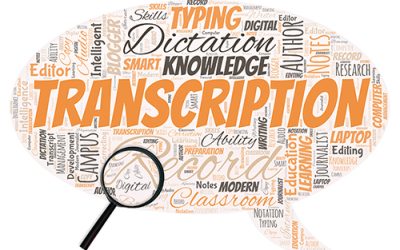
In the past, attorneys were considered competent if they had extensive knowledge in their specialized area and the ability to successfully represent their client in a particular case. However, technological advancement has brought in a new definition of competency. Technologically proficiency is not just desirable but also necessary for lawyers. Letter writing has been replaced by email and text messages. Legal research is done on computers or other devices using the internet rather than in law libraries. LCD projectors and video monitors are used in courtrooms in place of white boards and high-tech courtrooms even have evidence cameras that convert documents into electronic format. Video cameras fixed on vehicle dashboards or carried by people and surveillance cameras are now providing evidence that was once confined to witness testimony. Electronic health records are creating new challenges for lawyers and their clients.
Today, technological competence in the legal practice means many things:
- Ability to ensure safety of client information: Lawyers must know how to prevent loss of privilege when sending emails, transferring documents, and interacting on social media sites
- ediscovery capabilities: This includes the preservation, review and production of electronically stored information (ESI)
- Proficiency in using advanced practice management and cloud-based tools: Attorneys need to be well versed in using communication and file share technologies, software for document generation, docketing tools, and electronic calendaring
- Understanding of technology used by clients: Communication tools used by clients include computers, smartphones, and other electronic devices
- Electronic trial presentation: Utilizing advanced technology to present complex cases in the courtroom such as video displays using PowerPoint, annotation monitors, witness monitors, evidence camera, and so on
- Artificial Intelligence (AI): AI helps with extraction and classification of information and effective presentation of the data using analytics and data visualization through dashboards and scatter diagrams. Technologically proficient lawyers will know how to optimize the use of this information.
Efficient document management is essential to running an effective law practice and this is where legal transcription services play an important role. A reliable audio transcription service provider that specializes in legal transcription can ensure timely and accurate electronic documentation from audio/video recordings of court proceedings, depositions, interrogations, judgments, pleadings, and other events. Electronic documentation enhances the legal professional’s ability to:
- Organize documents and information to suit practice needs
- Quickly trace and retrieve information
- Link and bookmark documents or document parts
- Assemble composite documents or document collections
- Share files with team members in any location
Becoming technologically competent in electronic documentation management is also necessary to avoid wasteful procedures that could lead to overbilling clients. Legal transcription, document preparation, drafting, and editing can consume a significant amount of a lawyer’s time. Legal practices that do not automate these tasks would take longer to complete them. This would amount to a waste of their client’s time and money and overbilling, which could constitute an ethical violation. Legal transcription outsourcing to a technologically competent company can help ensure high quality, cost-effective solutions in quick turnaround time and help lawyers maintain compliance in the area of electronic documentation.



